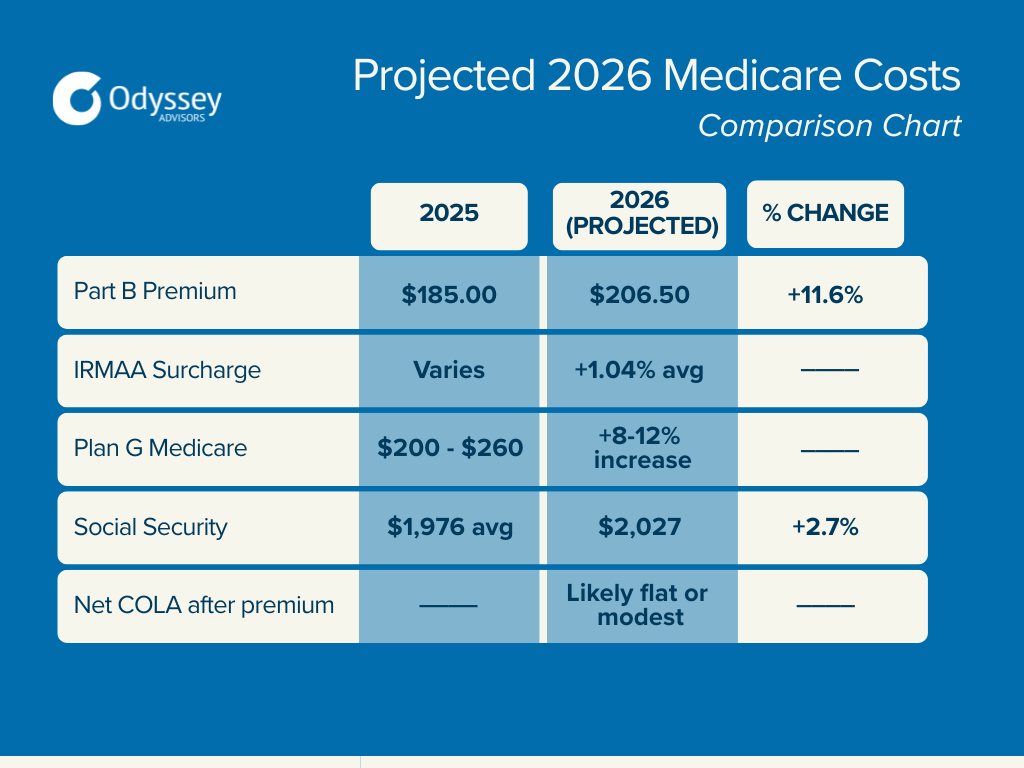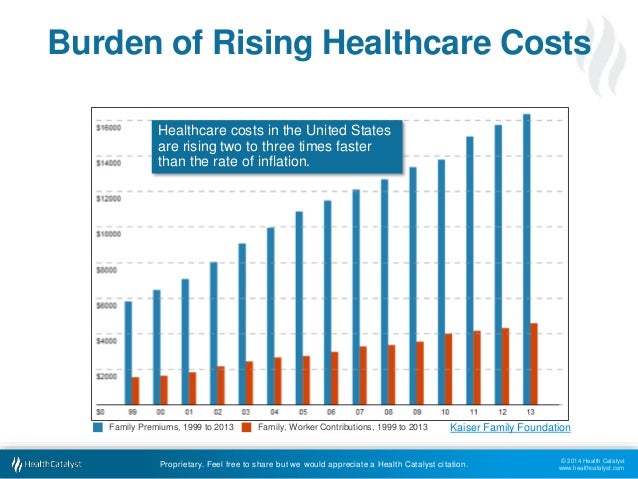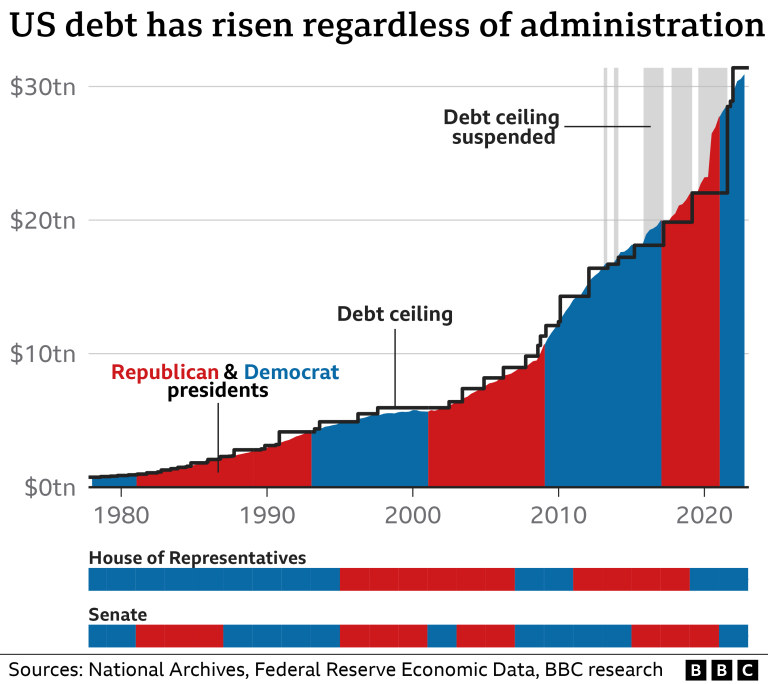As Asian employers brace for 2026, a comprehensive report from Insurance Asia reveals a challenging healthcare landscape that could significantly impact workforce management and employee well-being. Mercer Marsh Benefits’ latest survey of 268 insurers across 67 markets paints a stark picture of escalating medical costs and potential coverage reductions that will test corporate strategies and employee support systems.
The most striking finding is the projected average medical trend rate of 12.5% across Asia—marking the sixth consecutive year of double-digit increases. Some countries face even more dramatic projections, with Indonesia topping the list at a staggering 17.8% increase, and the Philippines following closely at 16%—a figure that dramatically outpaces its modest 2.9% inflation rate.

Multiple factors are driving these rising healthcare expenses. Claims data indicates that chronic conditions like cancer, circulatory, and respiratory diseases are primary cost contributors. Additionally, insurers point to systemic challenges including high-cost medical claims, healthcare system inefficiencies, and an aging population that requires more complex medical interventions.
The response from insurers is equally noteworthy. A significant 63% plan to reduce coverage in 2026, a substantial jump from 43% in the previous year. This trend could have profound implications for employees, potentially shifting more financial burden and medical risk onto individual workers.

Mental health coverage remains particularly problematic, with only 31% of Asian insurers offering counseling services. This gap highlights a critical area of potential improvement in comprehensive employee healthcare strategies.
Steven Yu, Mercer Marsh Benefits Asia leader, offers a nuanced perspective on these challenges. While cutting benefits might provide short-term financial relief for employers, he warns that such approaches could ultimately harm employee retention and organizational health. Instead, he advocates for a more strategic approach involving collaborative data-driven plan designs, targeted interventions for high-cost claimants, and investments in preventive care.

Preventive measures emerge as a key recommendation. Regular cancer screenings, primary care visits, and early health issue detection could potentially mitigate future expenses while promoting long-term workforce wellness. This approach represents a proactive alternative to reactive cost-cutting measures.
The report also highlights a troubling trend: 37% of insurers report increasing instances of members reaching lifetime coverage limits. These situations often result in ad-hoc exceptions that ultimately transfer costs to employees, creating additional financial strain.
Beyond immediate healthcare concerns, the broader insurance landscape in the Asia-Pacific region shows dynamic evolution. Technological innovations, regulatory reforms, and strategic market expansions are creating new opportunities. Companies like Zurich Insurance are developing unified platforms, while others such as MSIG Malaysia and Great Eastern are leveraging data and AI to drive growth and develop specialized products.
For Asian employers, the message is clear: navigating 2026’s healthcare landscape will require strategic thinking, collaborative approaches with insurers, and a commitment to comprehensive employee support. Short-term cost-cutting might offer temporary relief, but sustainable solutions demand a more holistic perspective that balances financial constraints with workforce well-being.
As the region continues to adapt to these challenges, employers who prioritize strategic healthcare partnerships, invest in preventive care, and maintain robust employee support systems will be best positioned to thrive in an increasingly complex medical and insurance environment.












